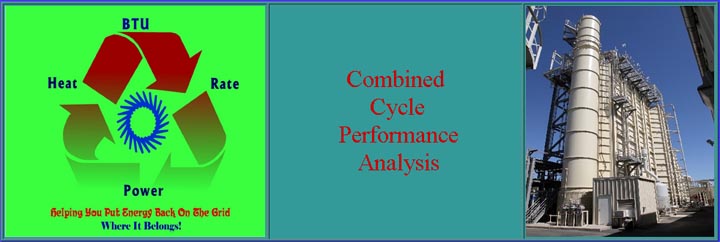•Financial gamble: number of people taking out heating cover on their boilers has dropped 40% in the last year
•Safety gamble: 42% ignore industry safety advice to get boilers checked once a year, risking carbon monoxide poisioning
•No peace of mind: two thirds of households (65%) don’t have any form of emergency heating cover
•Paying the price: nearly one in three boilers breaks down within six years of being installed, cost of replacing four key boiler parts can reach £1200.
As winter bites and with people still feeling the bitter chill of recession, new research from uSwitch.com, the independent price and comparison switching service, reveals a 40% drop in the number of people taking out or renewing heating cover compared to this time last year. As a result more than two thirds (65%) of households do not have any type of heating or boiler cover in place, potentially taking a risk with their finances and their health.
Nearly one in three boilers breaks down within six years of being installed, and the cost of repair can spiral up to £1,200 to replace the four key boiler parts. In comparison, the average yearly cost of heating cover comes in at £122 or just over £10 a month.
However, this isn’t the only risk. Gas boilers should be serviced every year to minimise the risk of carbon monoxide poisioning, but 42% of households ignore these guidelines. Worryingly, one in ten – almost three million households – have never had their boiler serviced while the same number again have only ever had their boiler looked at when it’s gone wrong. According to the Gas Safe Register (which has taken over from Corgi), in the last year 14 people have died from carbon monoxide poisoning and 234 have suffered health problems after being exposed to the deadly gas. Recommended counter measures include having an annual gas safety check and installing a carbon monoxide alarm.
Will Marples, energy expert at uSwitch.com, says: “Household budgets continue to be stretched, but what seems like an easy saving could cost you dearly in the long term. Those who have cancelled or decided against cover might think they are just taking a chance with their money, but if they are also not getting their boiler checked they are taking a chance with their health.
Via EPR Network
More Energy press releases










